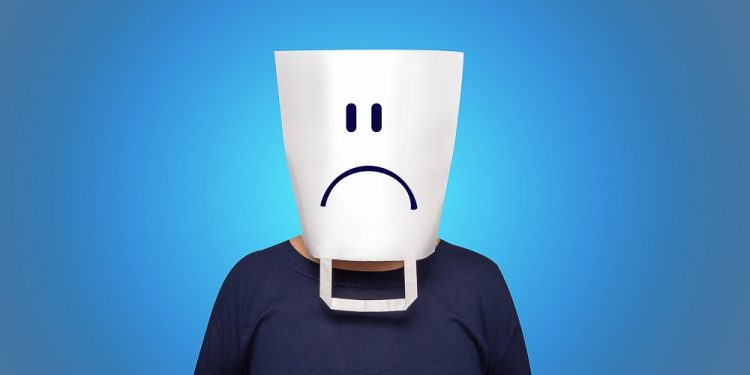
Blue Monday
Although Blue Monday isn’t officially a holiday—at least not one that people would want to celebrate—it does have the dubious distinction of being one of the most depressing days of the year. At least, that’s been the general consensus since 2004, the year when this “holiday” was officially created.
This holiday falls on the third Monday in January and is allegedly depressing because this is when people abandon their New Year’s resolutions, have to deal with the credit card bills from Christmas that have now become due, because of low sunlight levels, and finally, because of the cold winter weather. Doesn’t sound like a day anyone would want to celebrate, does it?
The History of Blue Monday
The history of Blue Monday can be traced back to 2004 when Cliff Arnall, a tutor at the Centre for Lifelong Learning, released a press release that stated that January 18th was the most depressing day of the year. According to the press release, he had calculated this fact using several factors such as weather, debt, and motivational levels.
Mental health organization Beat Blue Monday states that this formula is [W + (D-d)] x T^Q ÷ [M x N_a], with “W” standing for weather, “D” standing for debt, “d” standing for monthly salary, “M” for motivational levels, and “N_a” standing for the feeling of a need to take action.
However, this equation has been debunked countless times by scientists, and many people believe this holiday started off as a promotional stunt. A marketing campaign by Sky Travel was supposedly used to sell more travel packages in January. Several neuroscientists have since come out and called the way the data is calculated in Arnall’s equation to be nonsensical.
In a 2018 article, Dr. Cliff Arnall stated that he didn’t intend to place an emphasis on the day’s misery with his invention of Blue Monday. Instead, he says in the article, he wanted to inspire people to take action and to fight against the winter doldrums that are so common at this time of the year.
Other Uses For The Term Blue Monday
Of course, the term Blue Monday has been used for things other than this holiday. It has been used for several different songs and albums, has been used colloquially, and has even been the name for an episode of an anime series. Below are some of the ways that Blue Monday has been used in the common vernacular.
Blue Monday (The New Order Song)
Blue Monday is a song that was performed by the English rock band named New Order. This song was released on March 7, 1983, on a 12-inch single. This song was one of the biggest-selling 12-inch singles in history, and there were over 3 million copies of it sold.
Blue Monday (The Comic)
Blue Monday is a comic book that was published from 2000 onward and was created, illustrated, and written by Chynna Clugston Flores. She invented the Blue Monday comic while she was in her high school years during the early 1990s.
The story takes place in the ’90s in a fictitious California town called Deadwood—a town that was based on the towns of Coarsegold and Oakhurst. It’s a story about outcast kids that are pulling pranks on one another and have a knack for mischief.
Blue Monday (19th Century Term)
In the 1830s, Blue Monday was often referred to during the literature of the time as a day when workers were hungover after spending the weekend drinking. This is when the color blue began to become associated with depression. It has carried that connotation ever since.
Other Songs Named Blue Monday
According to our research, Blue Monday was used for two other songs. It’s the name of a 1950s song by Fats Domino and by a White Lion song that was released in 1991.
Blue Monday Customs & Celebrations
Although the formula behind Blue Monday is seen as pseudoscience, some people have taken it upon themselves to claim the holiday for themselves. They have decided to treat it as an “anti-holiday.” Instead of trying to stave off the blues which accompany this time of the year, they decide to embrace the blues by listening to sad music, refusing to use happy greetings, and refusing to leave the house.
Of course, other people are taking the exact opposite approach and are actually celebrating this holiday. They do so by enjoying “blue foods” such as blueberry pies or yogurt or drinking blueberry wine. They also often show movies with more upbeat themes—such as comedies. And maybe this is the best way to overcome the winter blues. Perhaps if more people took the time to celebrate this holiday, then this time wouldn’t be so depressing.








